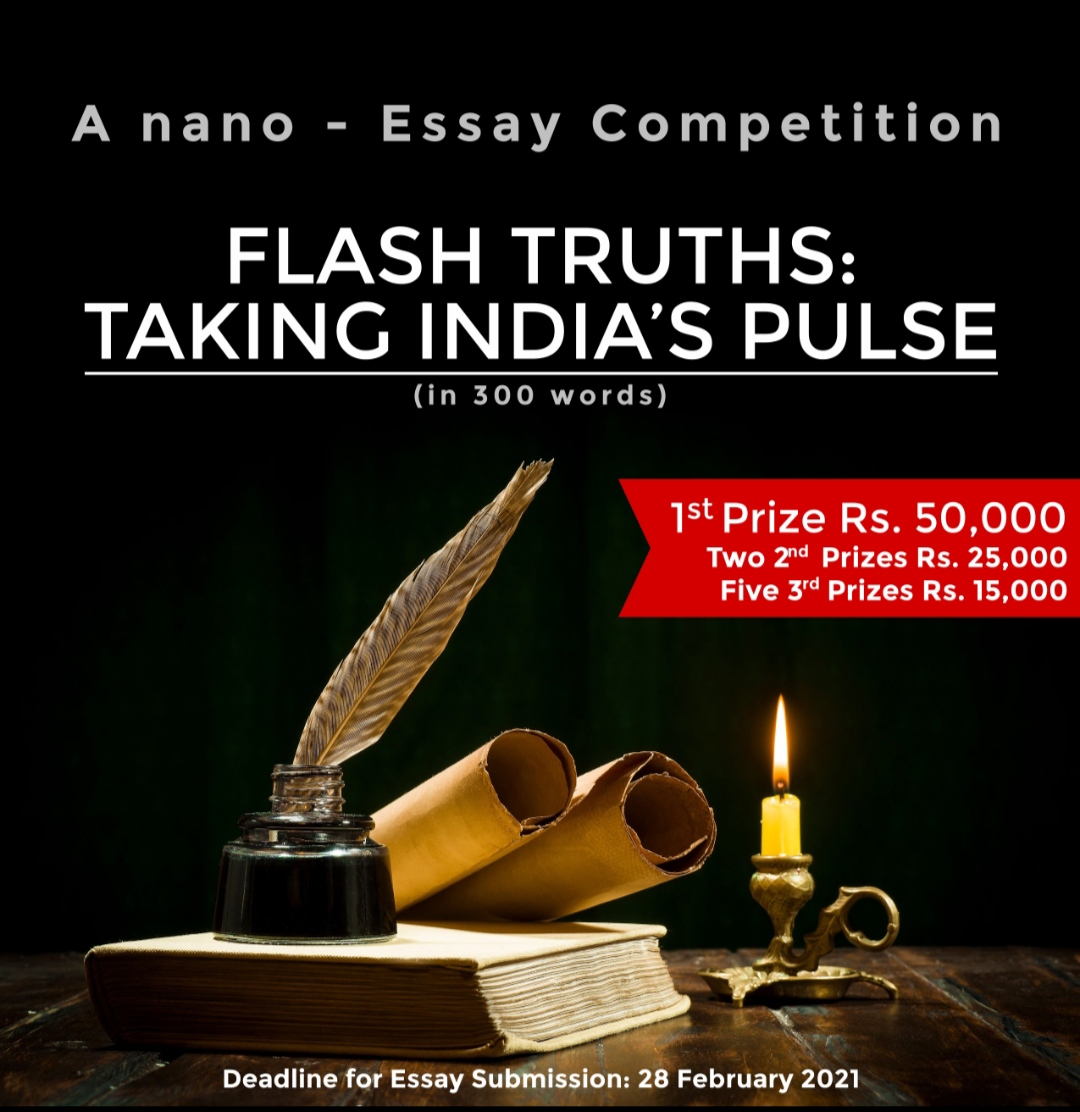21 December 2022 marks the 50th anniversary of the establishment of Australia – China diplomatic relations. Jocelyn Chey, an eminent sinologist, has written a brief article for John Menadue’s Pearls and Irritations newsletter. It is an incisive record of the transformed geo-Asia/Political environment from the Australian foreign policy perspective over the last half-century. The link to her article is @
Half a century: Australia, China and the United Nations
I have known Jocelyn since we served in the Australian embassy in Beijing as members of the first cohort of Australian staffers appointed in the 70s. Her note prompts me to share one streaming thought concerning Australia, China and Asia today. I hope to work with Jocelyn to develop it further.
Australia’s foreign policy is in an unprecedented, sweet spot in the Indo-Pacific.
Looking back over the last 50 years, a tectonic shift has occurred in perceptions of Australia in Asia. The exclusivist and racist outlier until 1972 is no longer perceived as a US poodle. As I travel through Asia (China except) and Europe, the knowledge of Australia among local observers is striking. For example, even in the second-tier towns in India, there is a positive awareness of Australia (and cricket is not always the focus).
Australia’s soft power now extends beyond MasterChef and tourism. This is highly underestimated in commentaries on its place in world affairs.
Australia is now a credible Middle Power with significant regional influence – from Jakarta to Tokyo to New Delhi. There is also an acceptance that Australia has the political savvy and personal outreach to counsel the US and other major powers about how to deal with Asia. (Not unlike Bernadotte’s Sweden advising elder European powers on dealing with the then East Europe.) Former PM (and recognised Sinologist) Rudd’s appointment as the Australian Ambassador to the US underlines what Australia can offer.
PM Keating’s 1995 vision of Australia seeking a place “ in Asia”, “ not from Asia”, is coming to pass.
Two examples:
One, China’s coercive economic policies against Australia implicitly recognized that it was the mascot with international heft, and punishing it would deliver the appropriate lesson to Asian recalcitrants and to Europeans and Canada: If you cross China, you will pay. Instead, Australia’s calibrated response to such bullying provided opposite ‘lessons’.
Two, Britain and France are returning to their former colonial hunting grounds in the Indo-Pacific ostensibly in support of protecting the laws of the seas and other “values”. But, in effect, to counter China. The notable point is that conscious of the aftertaste of their colonial legacy still lingering in the region, they both are using Australia (and other Quad members) as a ‘cover’ for bi/trilateral entry.
Australia’s accelerated acceptance in Asia is taking place even as it remains a steadfast US ally. So much so that the US defence posture here is visibly becoming more prominent. And yet, and this is the salient point, Australia attracts almost no criticism in Asia as it used to for decades for being the “deputy sheriff”. In effect, the hard power canopy of the White Chief’s nuclear umbrella is well in place, even as Australia is successfully acquiring a Brownish hue policy-wise (and demographically).
Australia has never been in such a sweet spot. Its soft power provides economic, political and social gains, while its security is protected by US hard power. Credit goes to what Whitlam instigated in 1972 – and to how Jocelyn Chey and her fellow sinologist cadre followed through.



